As US expands sanctions, Russia halts trading in dollars, euros
Russia has halted trading in US dollars, Hong Kong dollars and euros on its main stock exchange in a retaliatory measure against a raft of new sanctions imposed by the United States on Moscow chiefly aimed at weakening the Russian military.
On Thursday, the Bank of Russia announced the suspension of trading sessions in the foreign exchange, precious metals, and derivative markets of the Moscow Stock Exchange involving those currencies due to the sanctions. However, currency trading will continue in the over-the-counter market.
A day earlier, the US Treasury Department broadened sanctions against Russia, targeting the Moscow exchange and Russia's central securities depository that provides bank account services, and liquidity management services.
The new sanctions also include Chinese companies providing semiconductors to Moscow, as part of the US effort to increase pressure on what Washington refers to as Russia’s military apparatus.
One of the measures announced by the US Treasury involves heightening “the potential consequences for foreign financial institutions engaging with Russia’s wartime economy,” essentially warning them of potential exclusion from the US financial system.
The US sanctions list now encompasses more than 30 individuals and over 200 legal entities from both Russia and China.
Specifically, the US Treasury has applied sanctions to Rusgazdobycha, Arctic LNG-1, and Arctic LNG-3.
The Kremlin’s reprisal measure against the White House came as Russian Foreign Ministry spokeswoman Maria Zakharova on Wednesday vowed retaliation, saying, “As always in such cases, Russia will not leave such aggressive actions unanswered.”
US Treasury Secretary Janet Yellen stated that the objective is to heighten the risks for financial institutions involved with Russia’s wartime economy, close off avenues for evasion, and limit Russia's access to foreign technology, equipment, software, and IT services.
Russia’s central bank assured that currency transactions can still be conducted through Russian banks and deposits remain secure. Kremlin spokesman Dmitry Peskov emphasized the central bank’s ability to maintain stability in all markets.
China has publicly upheld a neutral position regarding the war in Ukraine, yet it continues to serve as a vital economic partner for Russia. This has led to the strengthening of trade connections that have assisted Russian President Vladimir Putin in stabilizing his economy in the face of Western sanctions.
The US State Department announced that the latest punitive measures target seven China-based entities that have purportedly supplied goods aiding Russia’s war in Ukraine. It added that they also target entities from Belarus, the U.A.E, Turkey, Kyrgyzstan, Moldova, and Singapore that allegedly supplied goods aiding Russia’s military operation in the ex-Soviet republic.
Furthermore, the US imposed sanctions on firms involved in Russia’s energy, metals, and mining sectors, as well as producers of Russian weapons systems and military components.
In February 2022, Moscow launched its special military operation in eastern Ukraine’s Donbas region to stop NATO’s eastward expansion after warning that the US-led military alliance was pursuing an “aggressive line” against Russia.
The West responded by imposing waves of harsh sanctions against Russia and pouring advanced arms and military hardware into Ukraine.
Russia has time and again cautioned that continued Western military support to Ukraine and the sanctions could prolong the conflict.
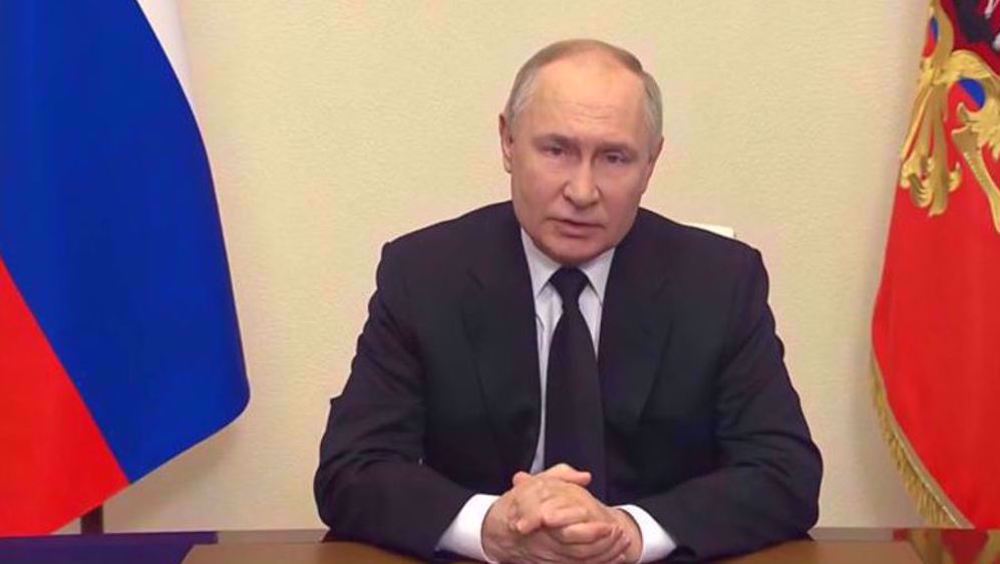
Putin orders emergency planes to Iran after blast at port of Bandar Abbas
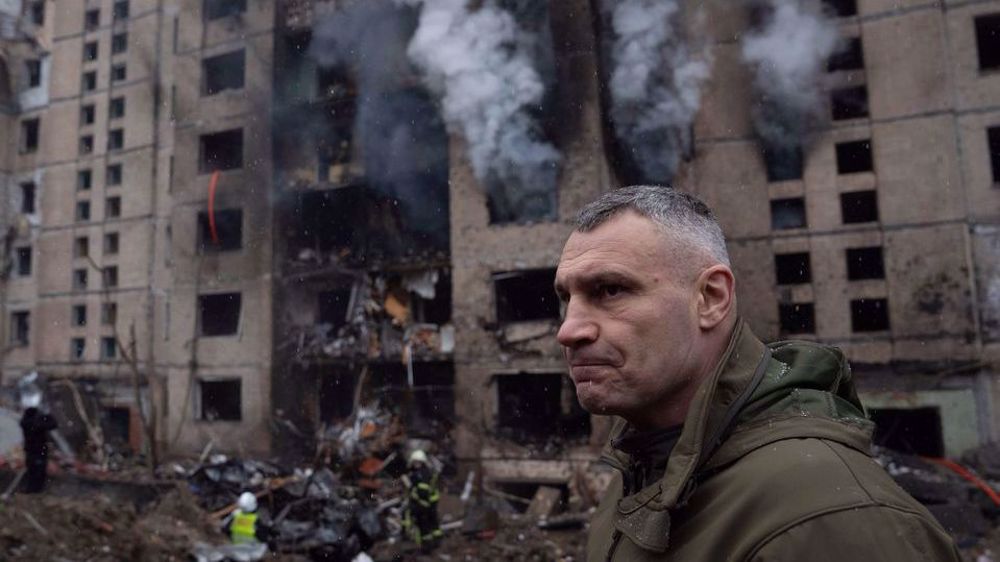
Ukraine may have to 'give up land' to Russia to secure peace: Kiev mayor
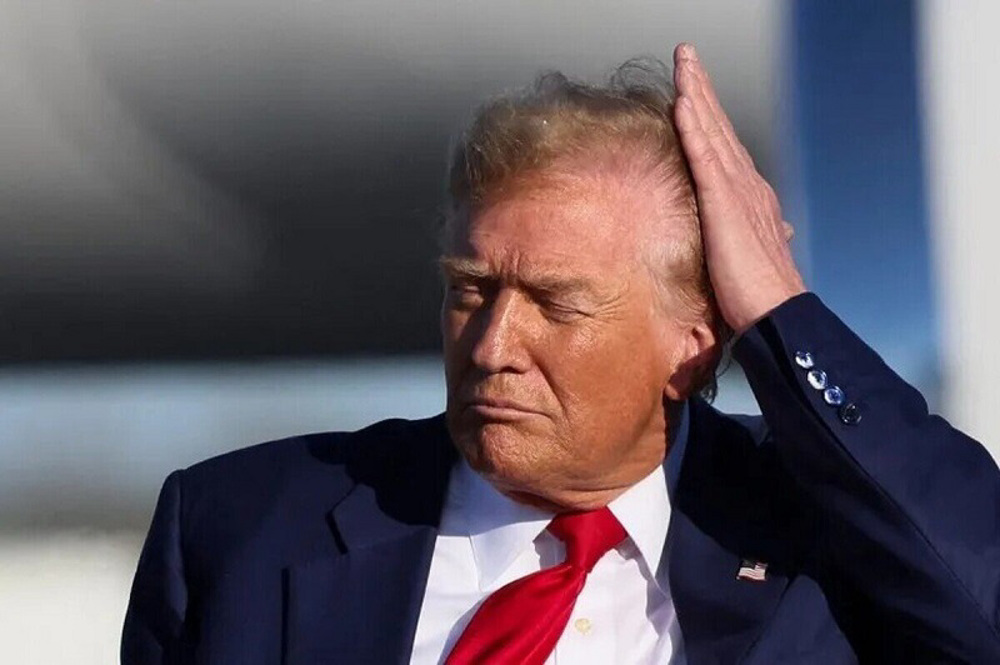
Trump Ukraine mediation muddle
IAEA director speaks with Araghchi about Iran-IAEA cooperation
US airstrike on Yemeni capital kills 8 people
VIDEO | Iran multilayered diplomacy
VIDEO | Press TV's news headlines
Iran more than halved its power grid losses to 10% in 16 years: Expert
Abbas names likely successor in move deemed ‘illegitimate, divisive’
Illegal Israeli settlers attack Palestinian school in occupied West Bank
VIDEO | Israeli forces tighten siege on Jenin refugee camp


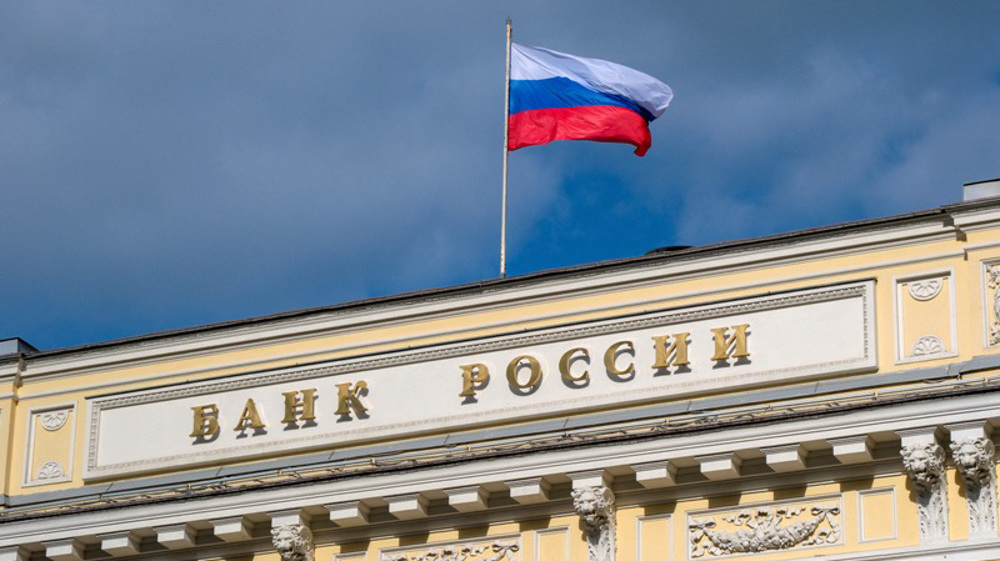
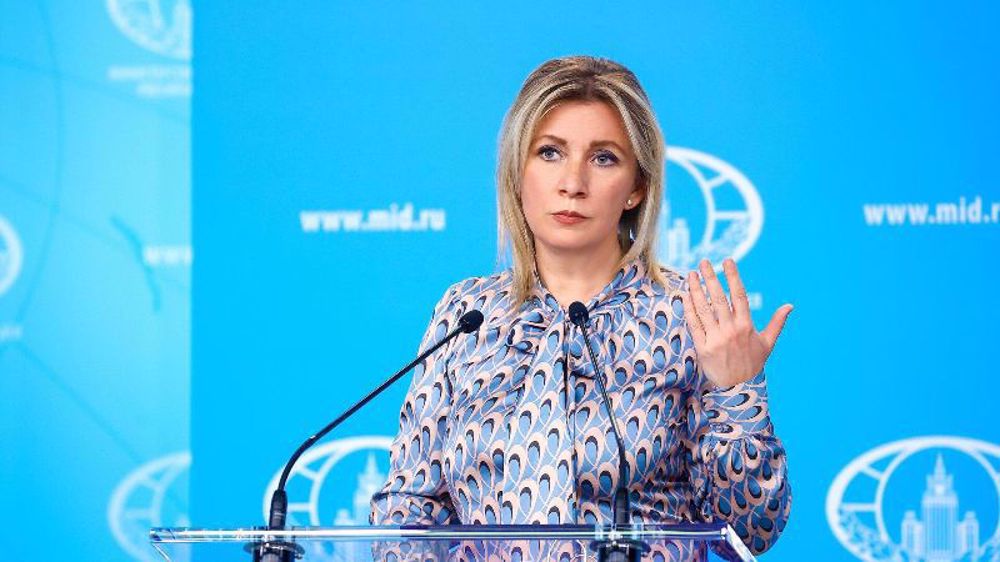




 This makes it easy to access the Press TV website
This makes it easy to access the Press TV website